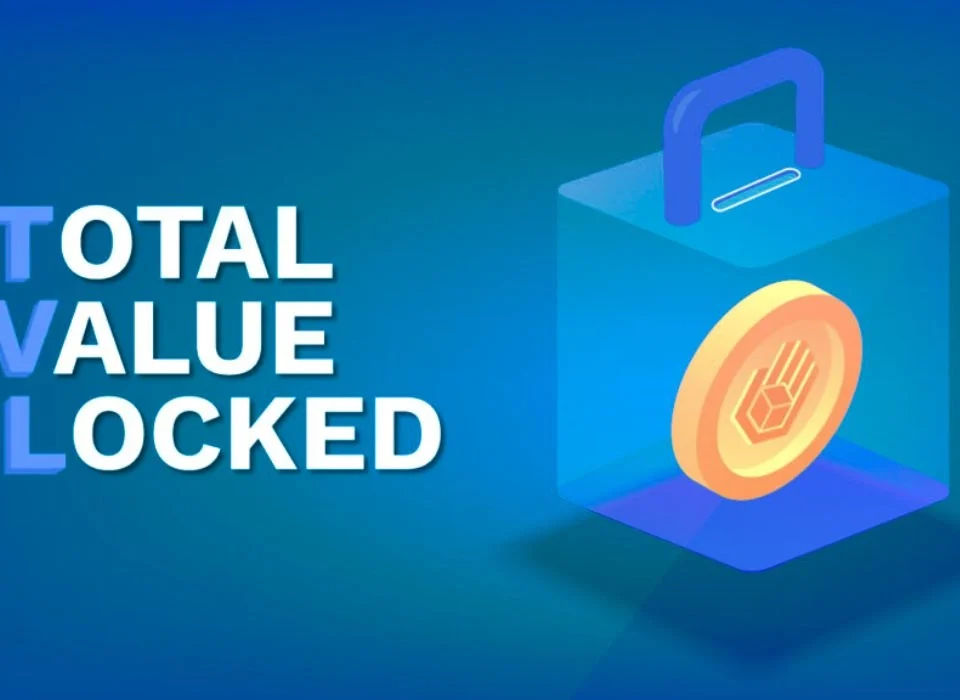
Dogeverse Meme coin Nears Exchange Listing After Raising $15 Million in Presale
17/05/2024
How to Use Decentralized Exchanges (DEXs)
18/05/2024The Role of NFTs in the Cryptocurrency Ecosystem
Non-Fungible Tokens (NFTs) have emerged as one of the most revolutionary elements within the cryptocurrency ecosystem, significantly altering how we perceive ownership, art, and digital assets. NFTs represent a unique intersection of technology and culture, offering unprecedented opportunities for creators, investors, and users. In this article, we will delve into the role of NFTs in the cryptocurrency ecosystem, exploring their significance, applications, and future potential.
Understanding NFTs
NFTs are digital assets that represent ownership of a unique item or piece of content, authenticated through blockchain technology. Unlike cryptocurrencies such as Bitcoin or Ethereum, which are fungible and can be exchanged on a one-to-one basis, NFTs are unique and cannot be exchanged on a like-for-like basis. This uniqueness is what makes NFTs particularly valuable for various applications.
Significance of NFTs in the Crypto Ecosystem
- Digital Ownership and Scarcity: NFTs have redefined the concept of digital ownership by introducing scarcity into the digital realm. Each NFT is unique and can be owned, sold, or traded, creating a sense of scarcity and exclusivity. This has profound implications for digital art, collectibles, and even virtual real estate.
- Empowering Creators: NFTs provide a new revenue stream for artists, musicians, and content creators. By minting their work as NFTs, creators can sell their digital art, music, or other content directly to buyers without the need for intermediaries. Moreover, smart contracts can ensure that creators receive royalties from secondary sales, providing a sustainable income model.
- Decentralized Marketplaces: The rise of NFTs has led to the development of decentralized marketplaces such as OpenSea, Rarible, and Foundation. These platforms allow users to buy, sell, and trade NFTs securely and transparently. Decentralized marketplaces eliminate the need for intermediaries, reducing fees and increasing accessibility for creators and buyers.
- Interoperability and Composability: NFTs are not confined to a single platform or game. They can be used across various applications, providing interoperability and composability. For instance, an NFT acquired in one virtual world can be utilized in another, enhancing its utility and value. This cross-platform functionality is a game-changer in the digital asset space.
Applications of NFTs
- Digital Art: NFTs have revolutionized the art world by providing a platform for digital artists to showcase and monetize their work. High-profile sales, such as Beeple’s “Everydays: The First 5000 Days” selling for $69 million at Christie’s, have brought mainstream attention to digital art NFTs. Artists can now reach a global audience and establish provenance for their work through NFTs.
- Gaming: The gaming industry has embraced NFTs for in-game assets, characters, and skins. Games like Axie Infinity and Decentraland leverage NFTs to enable players to own, trade, and monetize in-game items. This has created a new economy within gaming, where players can earn real income through gameplay.
- Collectibles: NFTs have a natural fit in the collectibles market. Digital collectibles, such as NBA Top Shot moments or CryptoPunks, have gained immense popularity. Collectors can own unique digital items that are verifiably rare and trade them in secondary markets.
- Virtual Real Estate: Platforms like Decentraland and The Sandbox allow users to buy, sell, and develop virtual land parcels as NFTs. Virtual real estate is becoming a valuable asset class, with some parcels selling for millions of dollars. These platforms enable users to build and monetize virtual experiences, blending gaming, social interaction, and investment.
- Music and Entertainment: Musicians and entertainers are exploring NFTs to distribute music, tickets, and exclusive content. NFTs can offer fans unique experiences and collectibles, while artists can maintain greater control over their work and revenue streams.

Challenges and Considerations
- Environmental Impact: The energy consumption associated with minting and trading NFTs, particularly on energy-intensive blockchains like Ethereum, has raised concerns about environmental impact. However, solutions such as Ethereum 2.0’s transition to proof-of-stake and the adoption of more energy-efficient blockchains are being explored.
- Market Volatility: The NFT market is highly speculative and can be volatile. Prices for NFTs can fluctuate significantly, making it a risky investment for some. Potential investors should conduct thorough research and consider the long-term value of the NFTs they acquire.
- Legal and Regulatory Issues: As the NFT space evolves, it faces legal and regulatory challenges. Issues related to intellectual property, copyright, and ownership rights need to be addressed to protect creators and buyers. Clear regulatory frameworks will be essential for the sustainable growth of the NFT market.
- Scams and Fraud: The popularity of NFTs has also attracted scams and fraudulent activities. It is crucial for buyers and sellers to use reputable platforms and verify the authenticity of NFTs to avoid falling victim to scams.
Future Potential of NFTs
The future of NFTs looks promising, with ongoing innovations and increasing adoption across various industries. As technology evolves, we can expect more sophisticated and scalable NFT solutions. Integration with augmented reality (AR) and virtual reality (VR) could enhance the user experience, making NFTs more immersive and interactive.
Moreover, the tokenization of real-world assets, such as real estate, stocks, and bonds, through NFTs could revolutionize the financial sector. This would enable fractional ownership and increase liquidity for traditionally illiquid assets.
In conclusion, NFTs play a crucial role in the cryptocurrency ecosystem by enabling digital ownership, empowering creators, and fostering new economic models. While challenges remain, the potential for growth and innovation in the NFT space is immense. As NFTs continue to evolve, they will undoubtedly reshape various aspects of our digital and physical lives, creating new opportunities and redefining the concept of ownership in the digital age.
Links:




1 Comment
[…] football superstar Cristiano Ronaldo has announced the launch of his fourth non-fungible token (NFT) collection in collaboration with Binance, despite being embroiled in a $1 billion lawsuit. The new […]